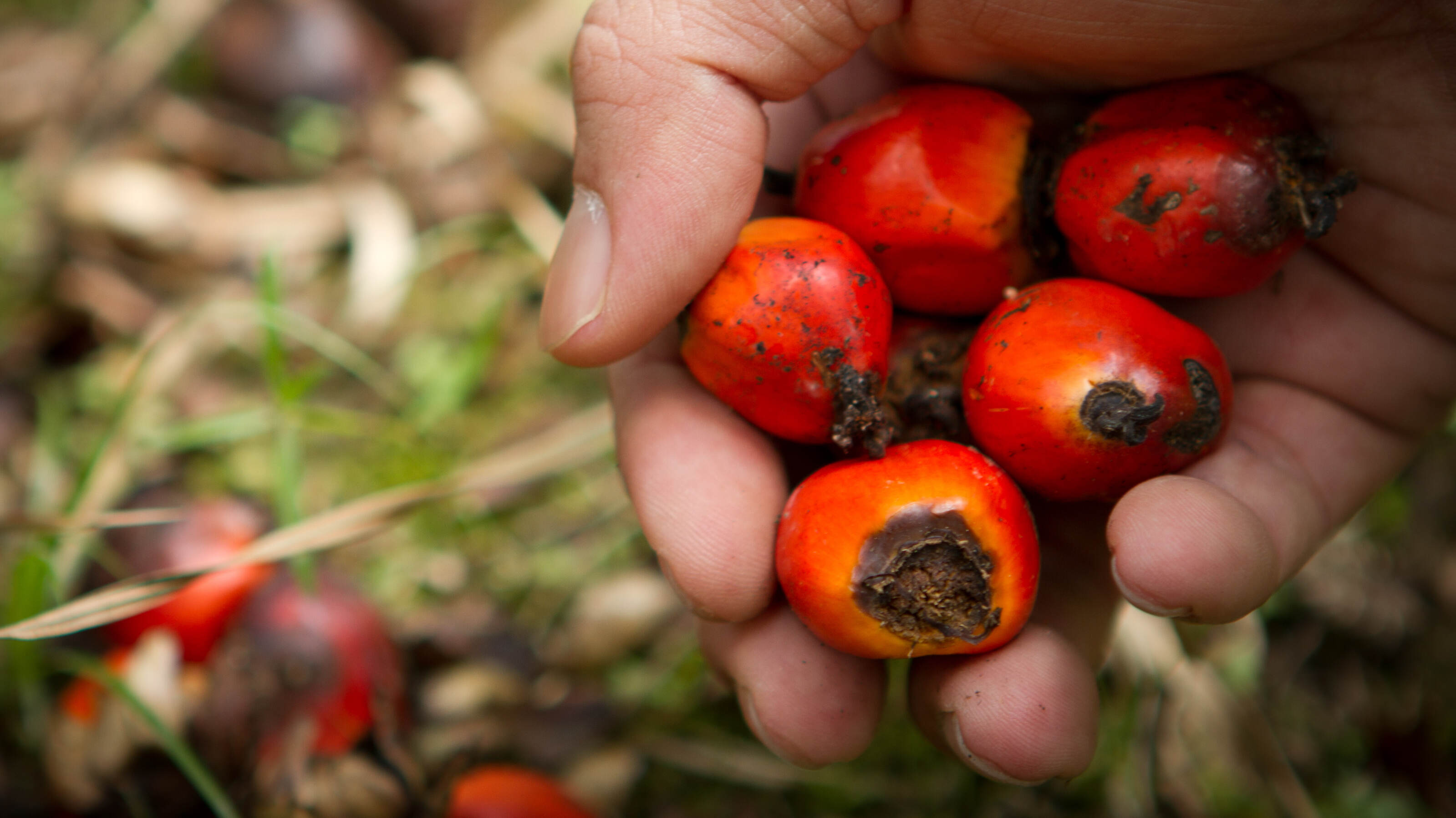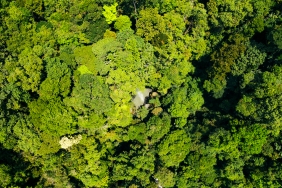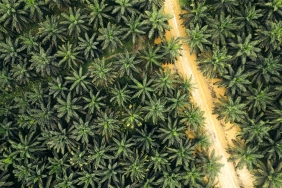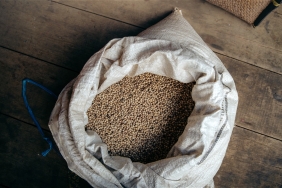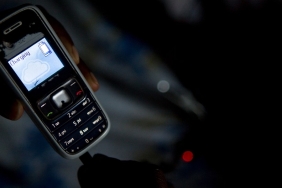COUNTERING GLOBAL BOYCOTT, WWF-INDONESIA ENCOURAGES PRODUCERS AND RETAILERS TO PRIORITIZE SUSTAINABLE PALM OIL
Jakarta, January 17, 2020 - For Indonesia, palm oil is a key commodity that contributes a lot economically to development. Therefore, the boycott issue that is often echoed must be faced by emphasizing that Indonesian palm oil has been produced sustainably and does not cause environmental damage and instead brings prosperity and protection to the remaining natural forests. That is why it is important that global companies encourage the consumption of sustainably sourced palm oil.
At the annual meeting of the World Economic Forum in Davos, Switzerland January 21-24, a group of business players will be present to set the agenda for a sustainable world. Unfortunately, the WWF Palm Oil Buyers Scorecard shows that some companies have not been able to support sustainable palm oil production practices. This can be seen from the low scores on what they have done to reduce the use of raw material sources that are not environmentally friendly.
In its fifth edition over the past 10 years, WWF's Palm Oil Buyers Scorecard examined 173 major retailers, manufacturers and food companies from the United States, Canada, Europe, Australia, Singapore, Indonesia and Malaysia with iconic brands such as Carrefour, L'Oreal, McDonald's, Nestle, Tesco and Walmart.
Scorecard also shows that the commitment of Consumer Goods Forum (CGF) members to ensure that their supply chains are free from illegal and environmentally damaging practices has not been fully met. Of the 53 CGF member companies, only 10 companies, namely Ferrero, Kaufland, L'Oréal, Marks & Spencer, Mark dm-drogerie, The Co-operative Group UK (UK), Rewe Group, Mars, Friesland Campina, and Nestlé, have shown serious implementation of their commitments so that they can occupy the top ten rankings. The performance of these companies needs to be appreciated, although it is inseparable from their obligations in complying with their sustainability commitments in 2020. WWF expects all CGF members to immediately take concrete steps and play an active role in the issue of sustainable palm oil, in line with their previously stated mission of "maintaining consumer confidence and driving positive change."
WWF not only measures companies' basic measures such as the use of sustainable palm oil in their supply chains, but also how they perform other practices such as protecting and positively benefiting smallholders, communities, and biodiversity. The Scorecard also shows that only about a quarter of the companies assessed have initiatives in the form of program implementation to reduce the risk of unsustainable palm oil. WWF is calling on other companies to take similar steps to become a key part of the global solution.
The Scorecard results were less encouraging on the assessment of the use of certified sustainable palm oil (CSPO) in the supply chain. Less than half use 100% CSPO and only a quarter of companies have policies in place that require their suppliers to be part of supporting the preservation of forests and nature.
A quarter of the companies assessed have not even committed to using sustainable palm oil at all. This includes large Asian companies, suggesting that Asian markets are still lagging behind in buying and trading sustainable palm oil.
Director of Policy and Advocacy, WWF-Indonesia Aditya Bayunanda explained "In Indonesia itself, retail and producer support for sustainable palm oil procurement needs to be improved. The active participation of retail industry players will have a positive impact on the fulfillment of consumer rights in getting the option to buy environmentally friendly and sustainable products. In Indonesia, Ahold Delhaize under the name Superindo has taken the initiative to ensure that their house brand cooking oil products come from supply chains that are not involved in illegal or environmentally damaging practices. This kind of leadership is what WWF-Indonesia hopes will trigger other businesses to do the same."
In the future, sustainable palm oil is encouraged to become the new norm in Indonesia's retail industry sector. Therefore, this global scorecard will be very good to be adopted at the national level as a reference to strategize performance improvement and business governance towards sustainability. Moreover, manufacturers and retailers that guarantee their products using sustainable palm oil will differentiate themselves from their peers and win over consumers.
"The good news is that 2020 is a great opportunity for companies to join policymakers and consumers to commit to palm oil use that no longer harms nature or forests," said Elizabeth Clarke, WWF Palm Oil Global Lead. "This palm oil effort is an important component of the New Deal for Nature and People, which has the ambition to set a target of restoring nature by 2030. With unprecedented environmental conditions, we must act together urgently to ensure a sustainable future for people and the planet. We expect companies to rise to this challenge."
There is still time for businesses to show that they are taking action and improving performance which will be incorporated into the next Palm Oil Buyers Scorecard at the end of 2020.
- COMPLETED-
For more information, contact:
Niki Nofari, Corporate Engagement Specialist WWF-Indonesia | Email: nnofari@wwf.id | HP: +62 821 4724 4432
Ency Mataniari, Media Brand and PR Manager of WWF-Indonesia | Email: emataniari@wwf.id | HP +62 822 2199 8207
About WWF-Indonesia
WWF-Indonesia is an Indonesian-incorporated civil society organization engaged in nature conservation and sustainable development, with the support of more than 100,000 supporters. WWF-Indonesia's mission is to halt environmental degradation and build a future where people live in harmony with nature, through the conservation of the world's biodiversity, the sustainable use of renewable natural resources, and support for the reduction of pollution and overconsumption. For the latest news, visit www.wwf.id and follow us on Twitter @WWF_id | Instagram @wwf_id | Facebook WWF-Indonesia | Youtube WWF-Indonesia | LINE Friends WWF Indonesia.

